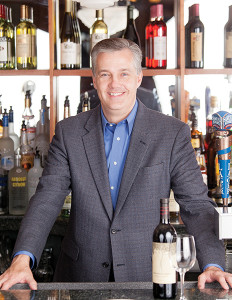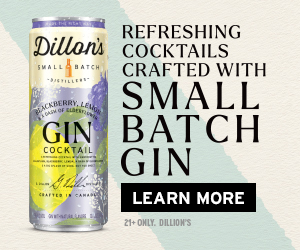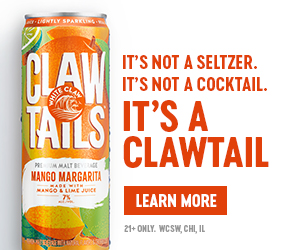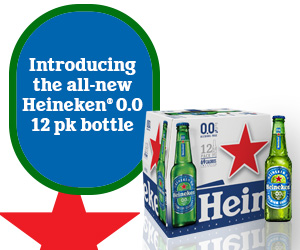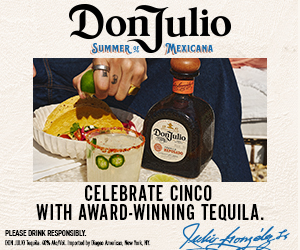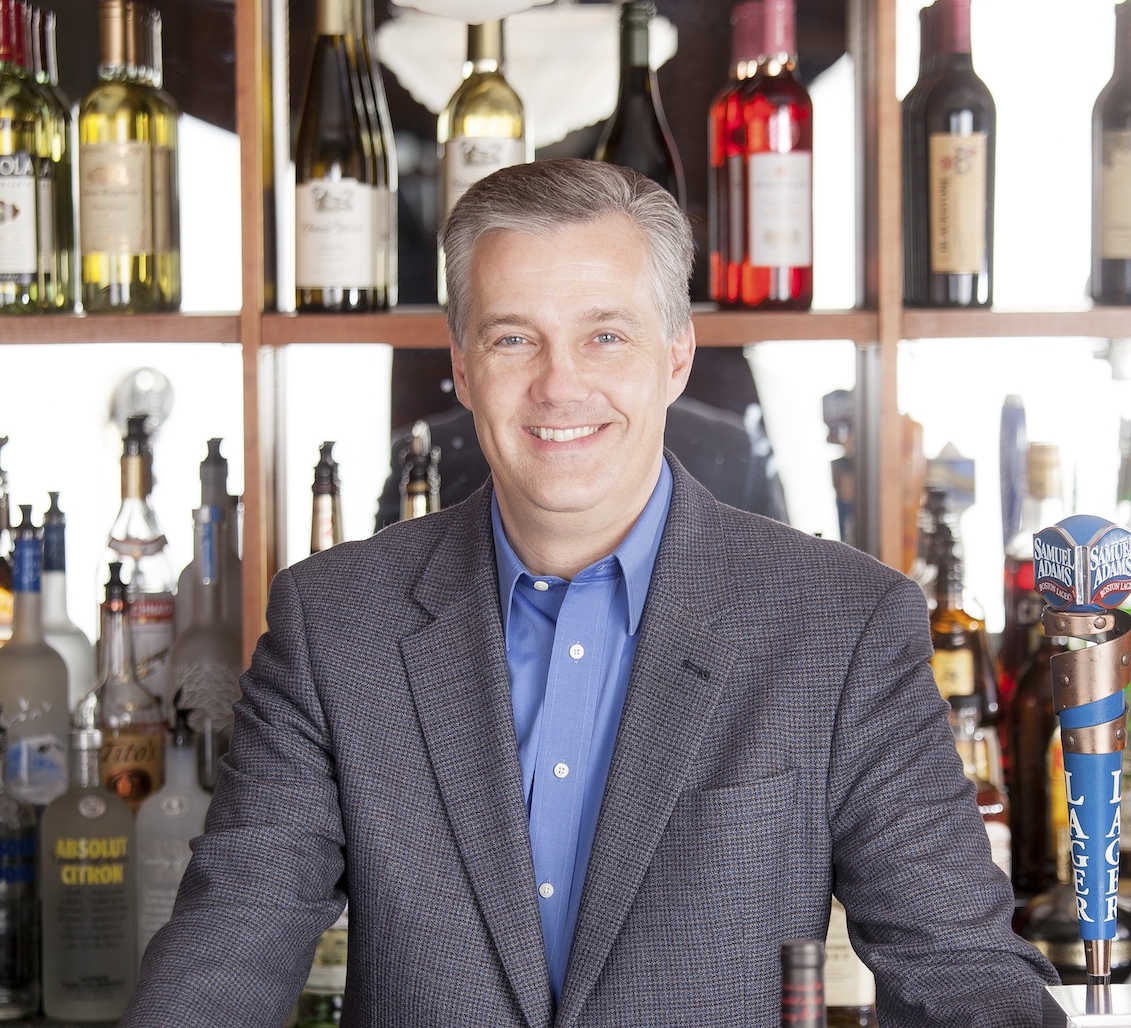
Restaurant Consultant Mark Moeller Dishes Out Advice
By Lauren Daley
As Restaurant Operations Expert/Director/President of the New England Culinary Group (NECG) — and the founder of his own restaurant consulting firm, The Recipe of Success — former restaurant employee Mark Moeller now makes his living dishing out advice.
A native of Chestnut Ridge, NY, Moeller graduated from Johnson & Wales University in 1988 with a degree in Hotel Food and Beverage Management. He founded his Shelton, Connecticut-based restaurant and foodservice consulting company, The Recipe of Success, in 2000. There, he develops complete and comprehensive training programs, operational reviews, menu development and purchasing strategies.
He’s also a consultant for the NECG, which specializes in providing restaurants and hotels with the necessary products, services and guidance to open and operate a successful business, according to their website. With some 34 years of experience both in back and front-of-the-house, Moeller has a keen eye and sense of how to, he says, “cut through the minutia and come up with a solution.”
Q: How did you get started in the hospitality business? What drew you to it?
A: I’ve been in the kitchen ever since I can remember. I believe my Italian heritage, coupled with my mother and grandmother’s passion of cooking, fueled my interest … I officially started in the hospitality business back in 1985 as a busboy [at what was the] Treadway Inn in Paramus, NJ … I went on to hold several positions including waiter, banquet waiter, bartender, front desk and housekeeping.
Q: Why did you want to start The Recipe of Success?
A: I knew as far back as 1986 that I wanted to get into consulting within the hospitality industry. While at Johnson & Wales, I purchased four books on general consulting — restaurant consulting books weren’t available — and read them cover-to-cover…I started The Recipe of Success after a colleague of mine asked me to help with a pizzeria on Long Island. He was looking for a hands-on operator who could train the owners in … improved guest service, consistent experience, lowering costs and replicating procedures and processes when the owners weren’t on-site. [So] we documented every procedure, recipe and process; so that they could operate uniformly within the one location and then replicate their successes — they went on to open four more locations.
Q: What’s your mission with the company?
A: My mission is to directly respond to the needs of restaurant owners and develop systems they need to enhance value and increase their bottom line. I look to bring proven corporate techniques to small and medium-size business owners. Just because they’re independent doesn’t mean they shouldn’t have the same success as a corporate chain. The key is that, while we introduce structure, we don’t lose the culture that makes them a more appealing option.
Q: How many clients do you have?
A: I generally work with three to five clients at a time; it all depends on the scope of work and level of detail. Today’s clients are from Connecticut and New York, though I’ve worked all over the country.
Q: What do most restaurateurs need help with?
A: The needs I come across most often are training, product and menu quality, brand identity, controlling costs … Often restaurateurs will fall in love with a location without regard to the cost of rent. Rent can be a leading cause of failure … A location’s total occupancy cost should be no more than 8 to 12 percent of net revenue.
Q: What do most hoteliers need help with?
A: Hoteliers need help with the same challenges that face the rest of the hospitality industry — service, quality, presentation, brand identity, marketing. I apply the same principles to a hotel that I would a restaurant.
Q: What trends are you seeing now in the industry?
A: The biggest trends I see are less material — meaning not menu item specific. The trends I see, and arguably should be a given and not considered a trend, are centered on deliverables like price/value proposition. A restaurant often prices their menu to the market instead of the guest. Many years ago, a restaurant — not a client — opened in a nearby affluent area and priced their menu to the affluence. Complaints abounded about what it cost to take a family of five out to eat at this restaurant, especially when coupled by the environment. We opened a client restaurant in the same town six months later with a menu priced using a price/value approach and we were able to capitalize on the entire market. Of course, the farm-to-table, locally-sourced ingredients are considered a trend, but I feel it’s here to stay…
Q: What trends are you specifically seeing on the beverage side?
A: The trends in the beverage side are very much centered around [sourcing] local … Operators and guests alike are realizing that local businesses are producing high-quality products — from beer to wine to spirits. Operators who embrace this philosophy of “going local” are benefiting on price, quality and goodwill within the community.
Q: What tips would you give entrepreneurs in the beverage industry?
A: Focus, focus, focus! The more an operator focuses on their basics, the more successful they have the opportunity to be. The hospitality business is a pennies business. Don’t let your bartenders free-pour; this leads to higher costs, lower profits and an inconsistent guest experience. No two bartenders will free-pour a drink the same way. Another reason operators fail is due to inconsistency in guest experience.
Interview has been condensed.

